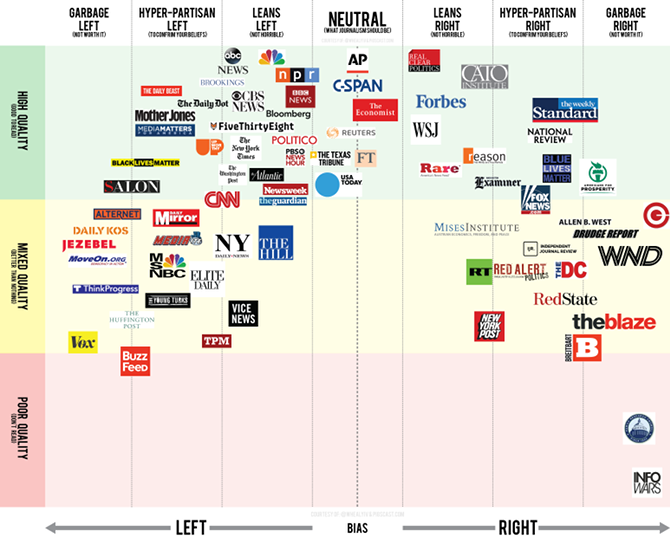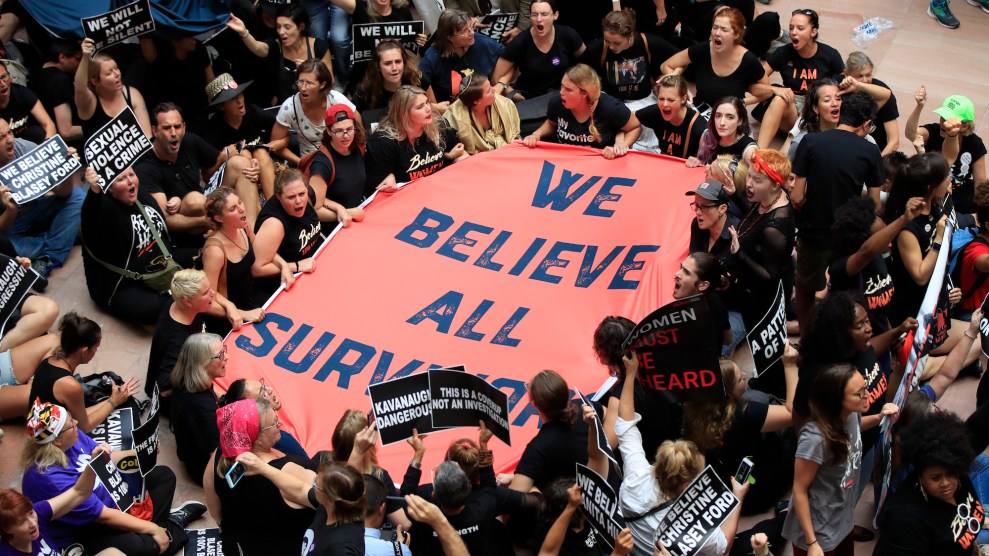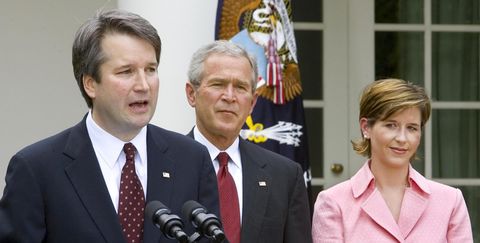Nancy Pelosi and her Democrats are already partying like it’s 1998: selling out to the Republicans by talking about working in a bipartisan manner. Here is some free advice: it’s not 1998. The Democratic Party is 72% progressive now. Progressives are out for blood. The last thing they want to see is a party that promised to hold Donald Trump to account work with him.
I know they’re not going to take my advice. They can’t. Because they have the same donors as the Republicans. They are owned.
For the many many left-leaning Americans reading this who still see value in the Democratic Party — voting for it, contributing to it, volunteering for it — I urge you to carefully study what the Democrats do during the coming year.
Are they going to try to impeach Donald Trump? After all, that’s something you probably want.
Are they going to subpoena embarrassing documents and witness testimony for public hearings that make the Republicans look bad? That’s probably something you want too.
Are they going to vote against every piece of Republican-sponsored legislation, including budget bills, and be willing to shut down the federal government? Probably not — but they should.
Are they going to get the Republicans on record as being opposed to important legislation? In other words, will they propose House legislation that will create a public option or single-payer healthcare? A $25-an-hour minimum wage? Free college tuition? It doesn’t matter that the Senate and the president can block that legislation. What matters is being able to get Republican senators on record so that they can be destroyed in future attack ads.
Obviously I don’t think they will do any of these things. They haven’t done it in the past. The leadership hasn’t changed. History suggests no reason to expect different behavior.
But never mind what I think. Watch for yourself. Pay attention to them. See what they do and what they don’t do. Then, a year from now, you can intelligently decide whether that party is worth supporting or giving upon.

 Not for the first time nor the last, the U.S. has recently been hit by a wave of political violence by right-wing political extremists. People are stunned; aren’t far-right groups like the KKK and Nazi Party relics of history?
Not for the first time nor the last, the U.S. has recently been hit by a wave of political violence by right-wing political extremists. People are stunned; aren’t far-right groups like the KKK and Nazi Party relics of history?




